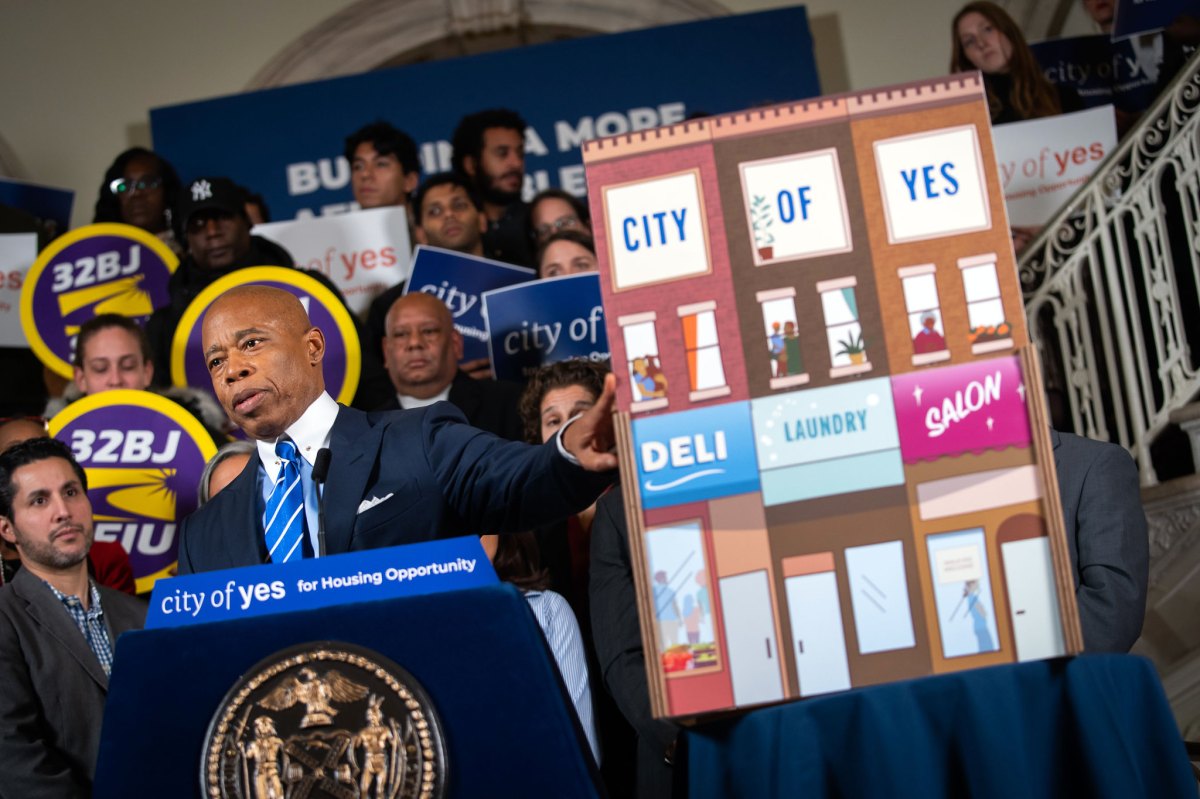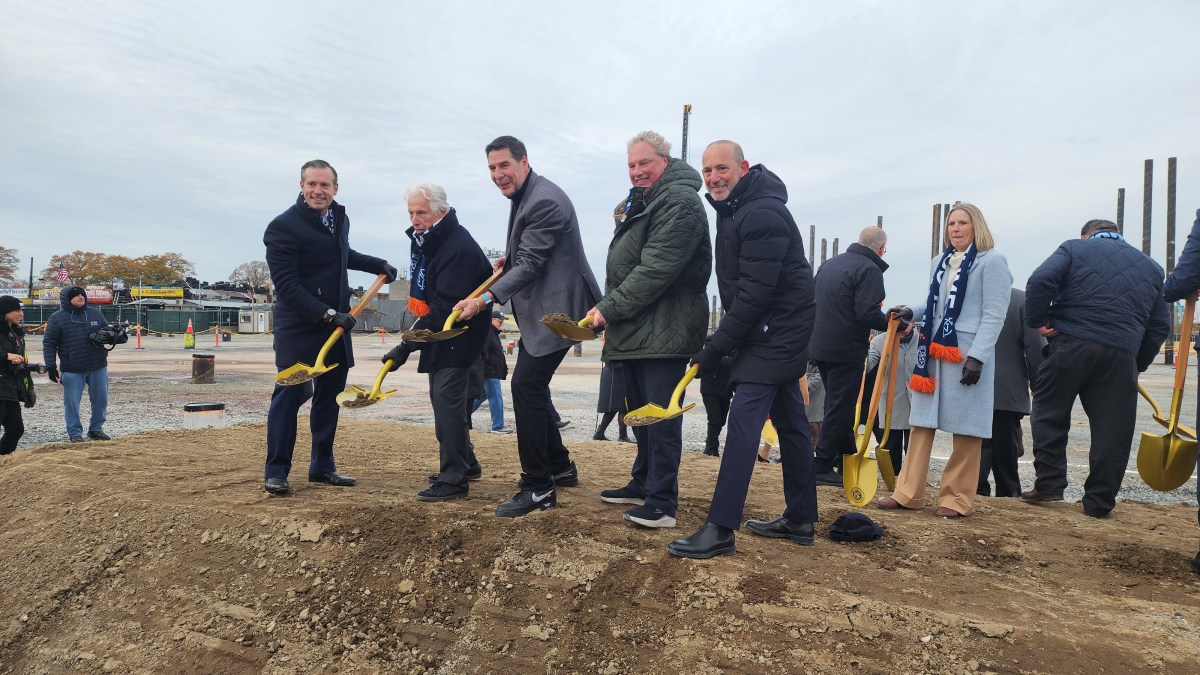
A proposal aimed at curbing the number of mom-and-pop shops closing in Manhattan was shut out of the city budget agreement, but supporters say the fight is not over.
As budget negotiation season set in at City Hall, the Manhattan Chamber of Commerce worked with other business groups and the Real Estate Board of New York to promote legislation that would have shielded more small stores from the commercial rent tax. The surcharge is a regulatory oddity that hit many businesses below 96th Street in Manhattan with tax bills amounting to about 3.9 percent of their annual rent.
Mayor Bill de Blasio’s administration suggested the tax reform effort be taken up as part of budget discussions because the proposal would cost the city about $52 million in lost annual revenue. Commercial rent reform, however, did not figure into the budget agreement reached last week.
“We’re pretty disappointed,” said Jessica Walker, president of the Manhattan Chamber of Commerce. “The mayor really wanted to make this a budget issue, but honestly, it really is a legislative issue. … We’re going to continue to push.”
The bill, sponsored by City Councilman Daniel Garodnick, would extend an exemption currently offered to businesses paying less than $250,000 in annual rent to those paying up to $500,000 in annual rent.
The councilman said 38 of 51 city lawmakers have backed his bill, which shows it should come to the floor for a vote with enough support for passage.
“We hope that the mayor will embrace it,” he said.
Garodnick has described the legislation as an effort to ween the city off of an unfair tax that currently brings in about $780 million annually. Beyond only falling on certain Manhattan companies, the tax essentially makes businesses pay a second time for property tax increases that landlords have often already billed them for through rent hikes.
Robert Schwartz, president and CEO of Eneslow Pedorthic Enterprises Inc., said the commerical rent tax limits businesses like his. Schwartz said he wants to expand beyond Eneslow’s three comfort shoe shops, including one in Midtown East, but his commercial rent tax and other dues keep rising.
“It’s beyond onerous,” said Schwartz, who sits on the Manhattan Chamber of Commerce board. “The cost of business just continues to go up on every level. That’s why there are so many vacancies.”
When asked about the commercial rent tax, de Blasio spokeswoman Freddi Goldstein said the mayor’s team has a strong record of helping small businesses thrive.



































